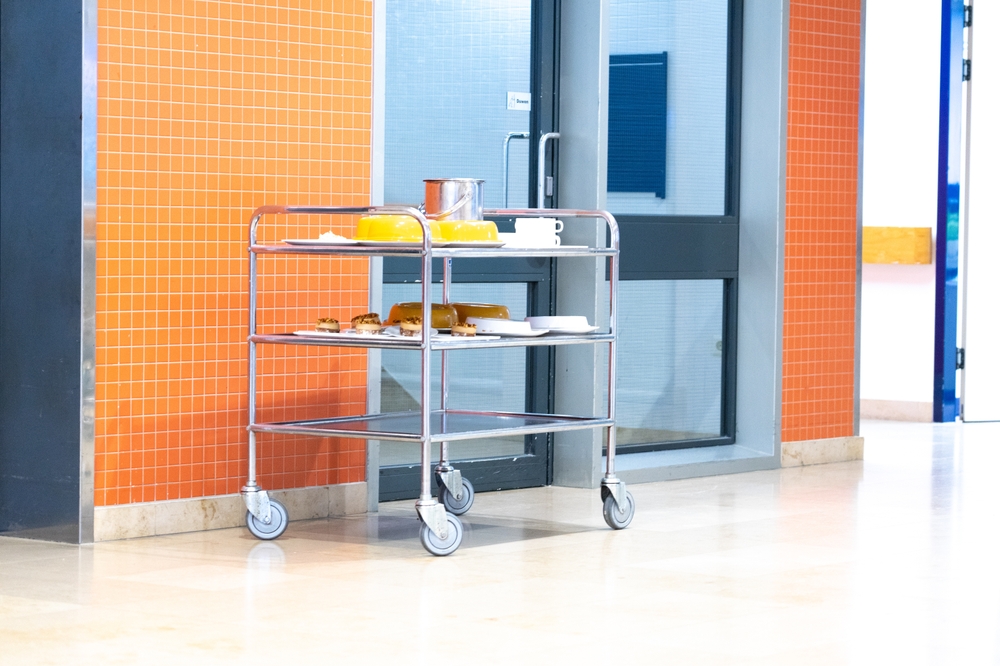In healthcare foodservice, accuracy isn’t just about efficiency—it’s about safety. Patients rely on hospitals and care facilities to accommodate their nutritional needs and protect them from potentially life-threatening allergens. Yet, the daily challenges of managing special diets, preventing cross-contact, and keeping staff informed can be overwhelming. As self-ordering technology becomes more prevalent in healthcare, facilities are adopting digital tools to ensure patients and guests have clear visibility into food ingredients and allergens.
Listening to the Front Lines
Through conversations with dietitians, foodservice managers, and culinary teams, one thing is clear: the pressure is growing. More patients have complex dietary needs, allergen awareness is increasing, and staffing challenges only add to the complexity. The margin for error is slim—especially when a mislabeled ingredient or overlooked allergen can result in serious health consequences.
According to a major NIH review, about 10.8% of U.S. adults—over 26 million people—have confirmed food allergies, with many doubting if their meals are truly safe. Shockingly, 200,000 people each year require emergency care for severe food reactions.
Ensuring that patients and hospital visitors can place food orders while being safety notified of the allergens in their food is one way that Volanté Systems helps, by tagging menu items with their respective allergens using both symbols and text.
Building Better Solutions with Self-Ordering Technology
Technology plays a critical role in reducing risk. Healthcare facilities are adopting digital solutions that streamline allergen labeling, enhance menu transparency, and integrate with patient diet orders. These tools allow for automated checks, reduced manual errors, and more efficient communication between departments. For patrons of the hospitals, self-service kiosks with large graphical displays and written descriptions of allergens ensure easy access to menu and ingredient data.
In real-world use, hospitals have reported up to a 90% reduction in allergen-related meal errors after implementing such systems. This not only improves patient safety but also reduces rework, improves staff confidence, and supports regulatory compliance.
The Broader Impact of Allergen Awareness
- 200,000+ ER visits per year are due to food allergies. (CDC)
- The top 9 allergens (milk, eggs, peanuts, tree nuts, soy, wheat, fish, shellfish, sesame) account for 90% of all food allergy reactions. (FDA)
- Up to 60–70% of processed foods contain at least one major allergen. (FARE)
- 25% of severe allergic reactions occur from meals served outside the home—including in healthcare settings. (NCBI)
Why Self-Ordering Technology in Healthcare Can Help
Allergen safety in healthcare isn’t optional; it’s essential. With the right tools and support, we can help foodservice teams deliver safe, personalized meals with confidence—every tray, every time.
Interested in seeing how retail dining technology uniquely desired for healthcare could work in your building?
Reach out to Volanté at 1.877.490.6333 ext. 3.




